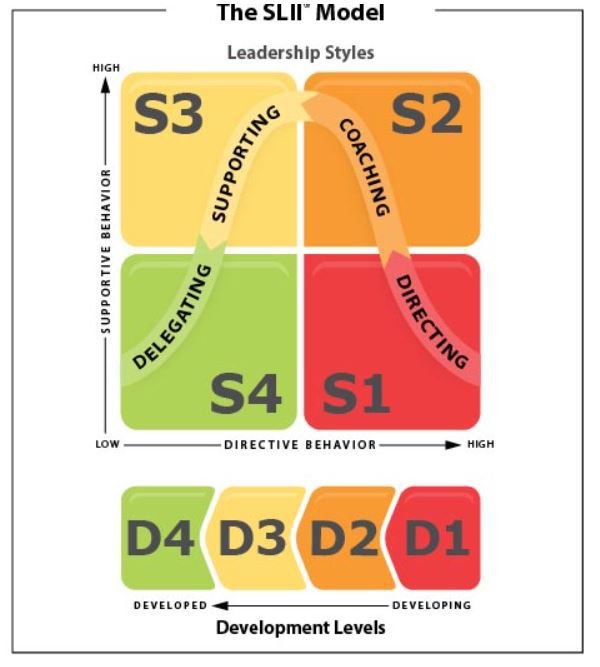What is Situational Leadership?
Situational Leadership is a model for developing individuals so they can reach their highest level of performance on a specific goal or task. It is a process that supervisors can use to help individuals ultimately become self-motivated and self-directed. In this model, the supervisor learns skills to assess an individual’s development level.
Situational Leadership Model at Boston College
Since June 2008, over 200 managers representing a cross section of business units have taken part in the two-day training. They include Dining, Facilities, Police, Residential Life, and University Advancement, among several others. Follow-up sessions are also scheduled to reinforce learning. Several HR staff members have received national certification to train others in the Situational Leadership model.
Learning Outcomes
Supervisors and managers trained in this model learn to:
establish clear goals and objectives for performance (S.M.A.R.T. goals);
diagnose an employee’s level of competence and commitment for a designated task;
agree on a performance plan with an employee on assigned work; and


